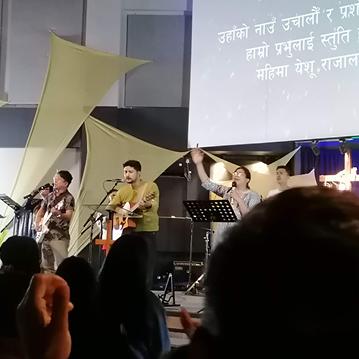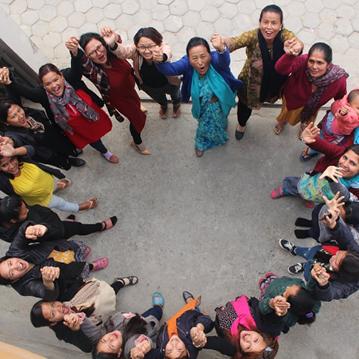Calvin Institute of Christian Worship
July 2004
At its best, intergenerational worship begins with an understanding of worship rooted in scripture and informed by the wisdom of believers in all times and places, and then asks how each member of the body of Christ can participate actively, fully, consciously in that (which is quite different than taking our cues primarily from opinion polls and generational surveys). Here are a sampling of key themes that might be near the center of attention for worship leaders in all styles and types of congregations.
1. When we worship the God of Jesus Christ, we are approaching something more like a community of divine persons than an isolated and remote power. In worship God is not only the holy transcendent One we praise, but also the Spirit at work in our hearts and the Son who perfects our imperfect praise.
2. We do not worship in order for God to love us, but because God loves us.
3. In just about every church every Sunday, some people come to worship with smiles, others with tears. Biblically-informed songs allow us to express both emotions with honesty.
4. The power of worship does not finally come from our own creativity, imagination, intellectual rigor, or emotional output, but from the Holy Spirit, who may choose to use any one of these things. Worship—even our own worshiping—is more like a gift to receive than an accomplishment to achieve.
5. The relationship we enact in worship is more like a marriage than a contract.
6. When we sing in praise of Christ, we should picture in our minds that the one who reigns in glory still bears the scars of suffering.
7. Deists love prayers and songs about the timeless attributes of God. Classic Christian orthodoxy values prayers and songs that retrace a history of God’s actions in the world over time.
8. Christian faith is certainly personal, but it is never private.
9. We long for worship that is both “in, but not of” the world. Good worship transcends culture, reflects culture, and challenges culture. (All three, not just one!)




